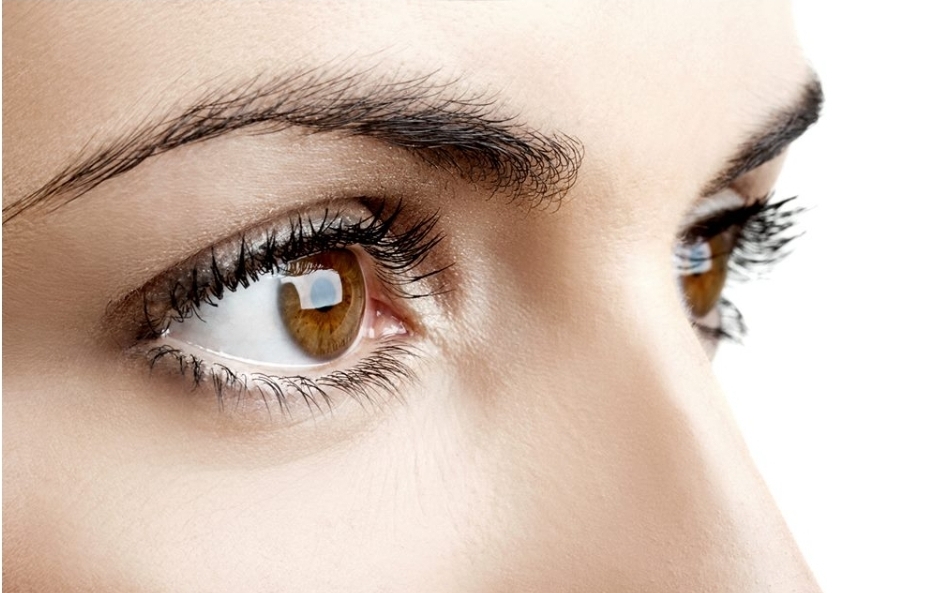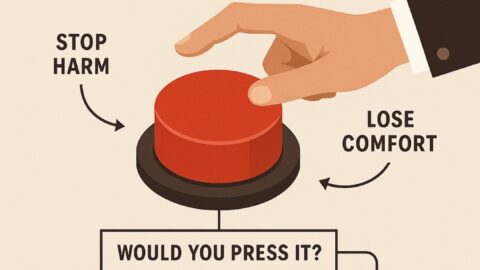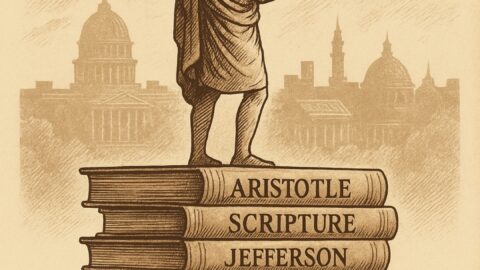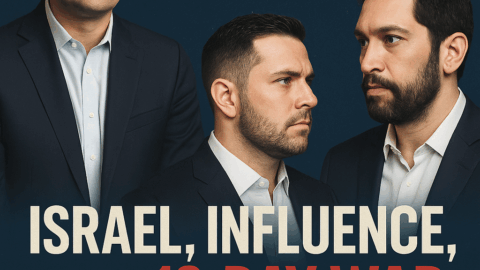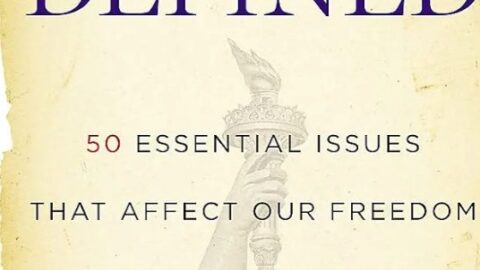“The eye sees only what the mind is prepared to comprehend.” – Robertson Davies
This quote by Robertson Davies speaks to the profound connection between perception and understanding. It suggests that our ability to see, interpret, or recognize something is limited by our mental preparedness, beliefs, knowledge, and experience. In essence, we don’t just see with our eyes; we see through the filter of our minds.
Let’s break this down in detail:
The Role of Perception
- Our perception isn’t purely a physical act; it’s heavily influenced by our mindset, experiences, knowledge, and biases.
- Two people can look at the same situation, object, or person and perceive entirely different realities because their minds are prepared differently.
Example:
- An artist and a scientist looking at the same flower might perceive it differently. The artist may notice its colors, shapes, and aesthetic beauty, while the scientist might focus on its biological structure and function.
Mental Readiness and Knowledge
- Our knowledge and past experiences determine how much we can understand about what we see.
- If our mind isn’t equipped with the right information or context, we may completely miss details or misinterpret what we observe.
Example:
- If someone unfamiliar with chess looks at a championship match, they might see two people simply moving pieces on a board.
- Someone trained in chess would see strategy, planning, and tactics unfolding before them.
Key Insight:
The mind needs a framework of understanding to process and assign meaning to what the eyes observe.
Cognitive Bias and Filters
- Our minds often come with pre-existing biases, assumptions, and filters.
- These biases act as mental filters that determine what we notice, ignore, or emphasize.
Example:
- In a heated argument, a person might only “see” or hear the insults and negativity rather than any valid points being made.
- Their emotional state acts as a filter that prevents them from comprehending the bigger picture.
Selective Perception
- Humans have a limited cognitive capacity, and we can’t focus on everything at once.
- As a result, we often selectively perceive details that align with our expectations or current mental focus.
Example:
- If someone is shopping for a red car, they might suddenly notice red cars everywhere.
- Those cars were always there, but their mind is now primed to notice them.
The Role of Open-Mindedness
- An open mind allows us to see and comprehend more because it reduces mental blocks and biases.
- Being willing to learn, adapt, and question assumptions enhances our ability to perceive the world more fully.
Example:
- A tourist in a foreign culture might initially feel confused or critical about local customs.
- With an open mind and willingness to learn, they begin to see the beauty, meaning, and purpose behind those traditions.
The Mind Shapes Reality
- The quote also hints at the idea that reality is subjective.
- What we see isn’t just a reflection of the external world but also a projection of our internal understanding.
Example:
- A pessimist might look at a rainy day and see gloom and inconvenience, while an optimist might see refreshment and beauty in the rain.
Key Insight:
The world is often a mirror of our mindset. Change the way you think, and you’ll change what you see.
Implications in Everyday Life
In Communication:
- Misunderstandings often occur because people are not mentally prepared to hear or understand each other’s perspectives.
In Education:
- A student can only grasp complex ideas if they have the foundational knowledge to build upon.
In Relationships:
- If someone believes people are inherently untrustworthy, they’ll interpret innocent actions as suspicious.
In Opportunities:
- Someone who believes opportunities are scarce will fail to notice chances for growth even when they’re in plain sight.
How to Broaden What the Mind is Prepared to Comprehend
- Continuous Learning: Build knowledge in diverse areas to increase your capacity to perceive connections.
- Challenge Assumptions: Question your beliefs and biases regularly.
- Practice Mindfulness: Be present and observant without rushing to label or judge what you see.
- Exposure to New Experiences: Travel, meet people from different cultures, and expose yourself to different perspectives.
- Active Listening: Listen deeply to others and try to understand their point of view.
Final Reflection
Robertson Davies’ quote serves as a reminder that our eyes are not independent observers; they are guided by the lens of our minds. If we want to see more, understand more, and experience more, we must first expand and prepare our minds.
In short:
“Change your mindset, and you change what you see. Open your mind, and you’ll open your world.”

